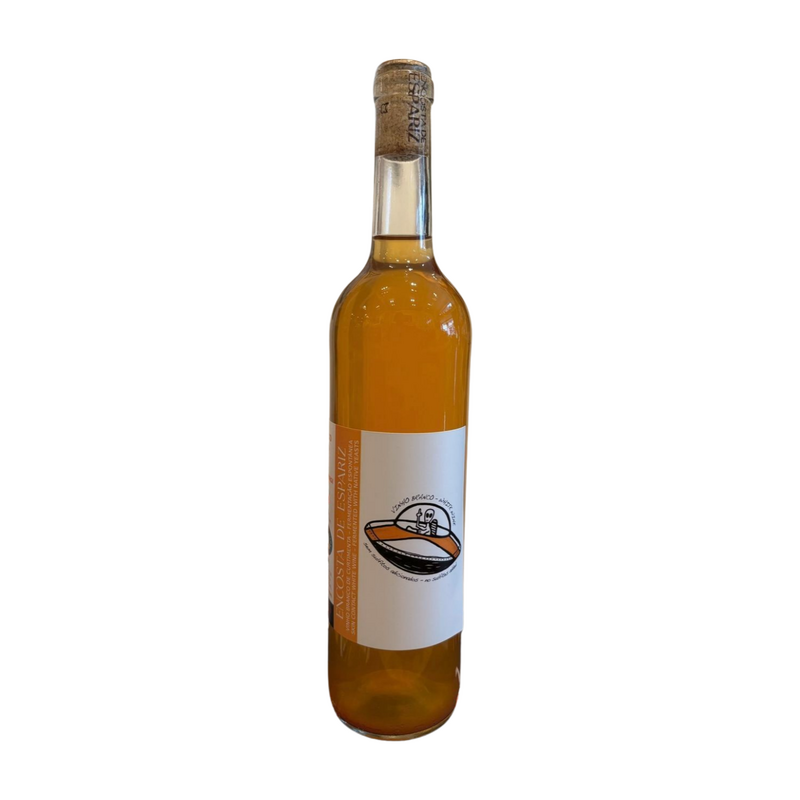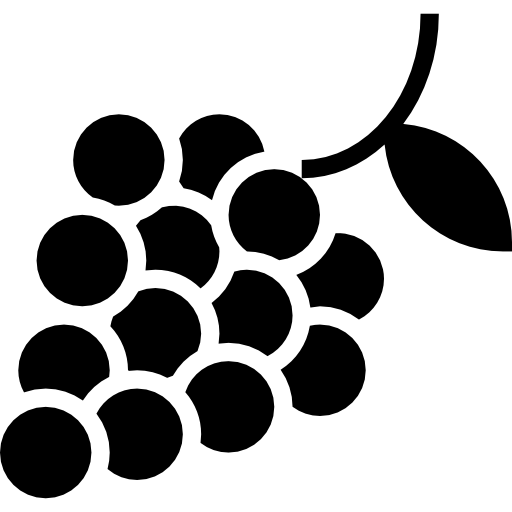This is a prime example of a modern, minimal-intervention orange wine from the Vinho Verde region, deliberately pushing the boundaries of the local Trajadura grape. The term curtimenta signifies this specific style of extended skin contact for white grapes, resulting in a wine of exceptional colour, texture, and rustic character.
This monovarietal Trajadura wine, a grape prized in Vinho Verde blends for its moderate acidity and potential for high alcoholic maturity, distinguishes it from the often-lighter regional style. The grapes are sourced from family-run vineyards practicing low-intervention, integrated production farming methods. The winemaking process is fiercely natural: the must undergoes spontaneous fermentation exclusively with indigenous yeasts and, critically, remains in prolonged contact with the skins (curtimenta) throughout this primary phase, as if it were a red wine. The 2024 vintage, like its predecessors, sees no added sulfites and is bottled unfined and unfiltered, meaning it is natural to find a slight deposit. This simple, hands-off approach aims to create a rustic, authentic, and simple wine that is extremely pleasant and easy to drink despite its complex production.
Visually, the wine immediately declares its style with an intense golden to amber/orange hue. The Trajadura grape, known for ripe stone and pome fruit aromas, is elevated and complicated by skin contact. The nose typically presents a mix of ripe stone fruit (peach, apricot), delicate citrus flower notes, and a savory layer of quince, dried herbs, and subtle oxidative spice—hallmarks of the curtimenta style. On the palate, the wine delivers a unique profile: it is dry, full-bodied, and enveloping due to the texture extracted from the skins, which also contributes a gentle, perceptible tannin—a feature almost unheard of in traditional Vinho Verde. This structure is beautifully balanced by Trajadura's inherent moderate acidity, resulting in a complex yet simple wine with a very long and persistent finish.







